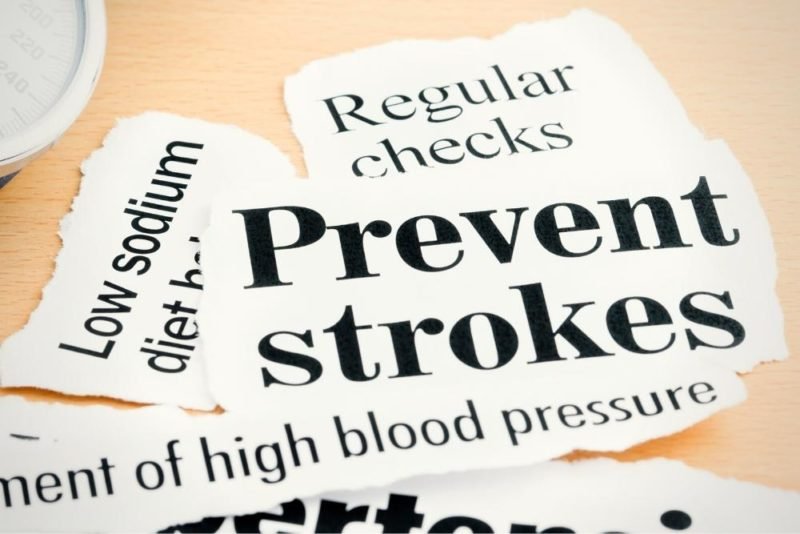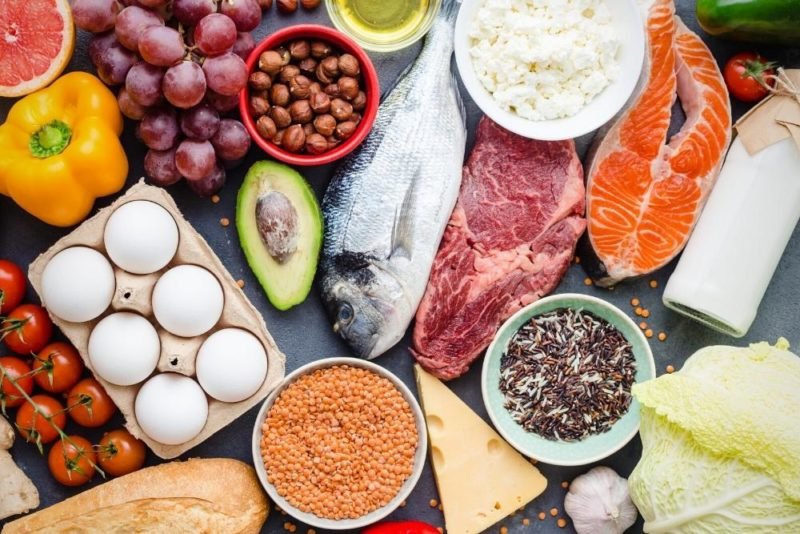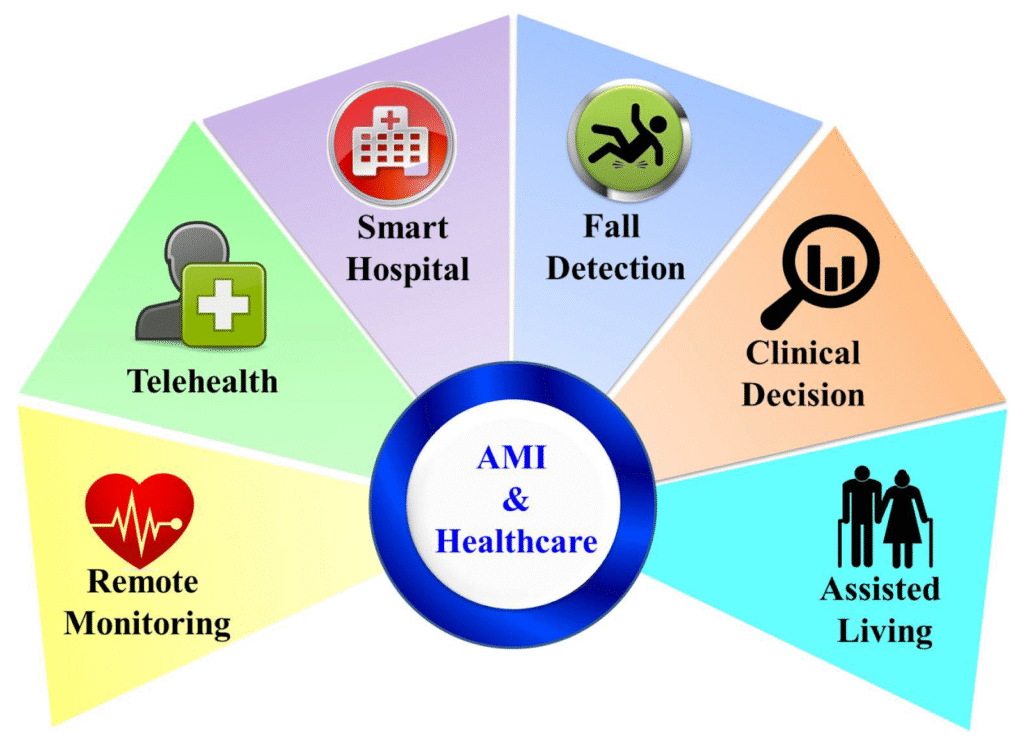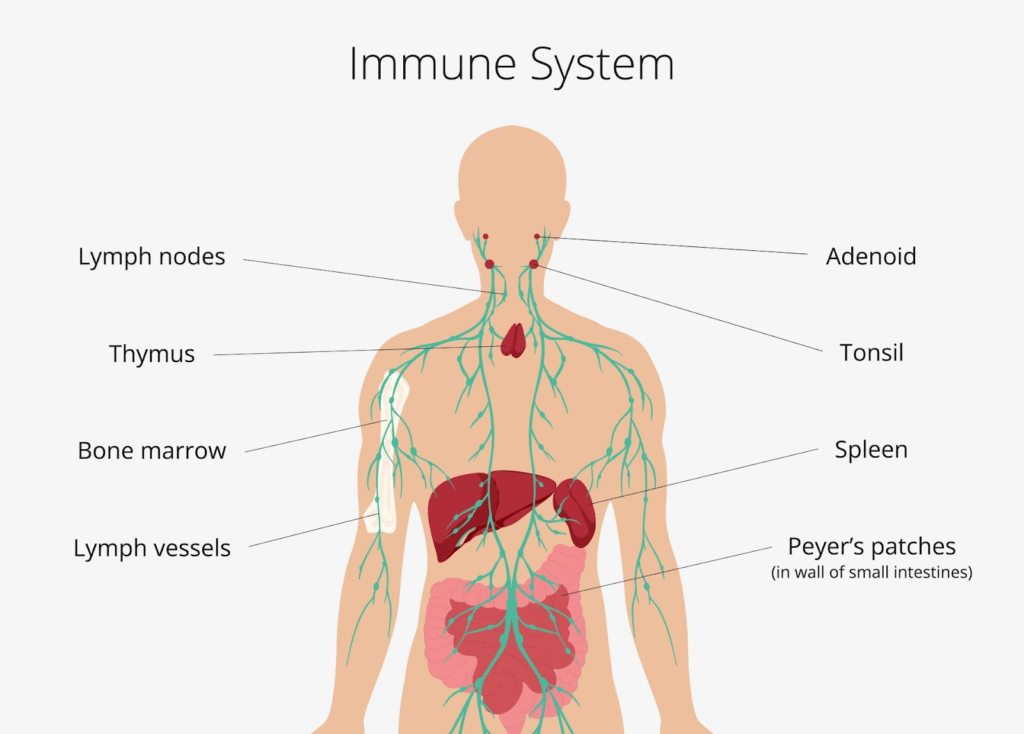[ad_1]

I after experienced a client who subscribed to a ton of wellbeing-diet-wellness e-mail newsletters. She usually uncovered that her mornings would slip, slip, slip absent as she fell down the publication rabbit gap. She informed me that she was continuously searching for that a single “secret” to much better health and fitness that her friends didn’t know so SHE could be the 1 to bestow this newfound awareness. Sadly, paying out most mornings exploring for this holy grail obtained in the way of her essentially performing points that would aid her well being and wellbeing, like likely for a stroll, accomplishing yoga or meditating.
(Following speaking about how if one thing “secret” definitely worked, it wouldn’t be a secret, we also agreed that she would unsubscribe from some of those people e-mails.)
I have a master’s degree in nutrition science, and I am clearheaded on the strengths and weaknesses of this science. For example, one unfortunate truth about nourishment science that will get ignored by media protection of new reports is that it is not typically groundbreaking. It is typical for the value of research findings to be exaggerated, not just in press releases put out by the universities or other study institutions, but typically in the true study abstracts. (The abstract is the summary of the analyze, the tldr, if you will.)
This is why I hardly ever (Incredibly hardly ever) cite a study if I just can’t get my fingers on the complete text of the investigation paper and appraise it for myself. At minimum 1 exploration study has assessed how frequently abstracts and push releases unsuccessful to accurately depict the total investigation posting. What the authors discovered was quite pathetic. Aspect of the challenge is that researchers will need to justify their funding, and if they need to have to make their results seem more essential than they are, then they could do just that.

Looking over and above the headlines
I read through content in the mainstream media every single one working day that misrepresent the correct results of scientific investigation. (This occurs extra in newspapers and web-sites, not so considerably in publications, mainly due to the fact they have more time direct instances and so are much more cautiously edited.) When you get to weblogs and electronic mail blasts, it can be even even worse.
From time to time, it is the headline which is deceptive, when the report or post is really quite balanced. Having said that, because several people today just skim headlines, this is nevertheless a trouble. (Raise your hand if you at times under no circumstances make it previous the headline or maybe the 1st paragraph.) This is a person purpose why individuals are so baffled about how to eat! I have put in a lot of time working with the fallout of this misinformation among my consumers.
Generally, that fallout potential customers not just to confusion, but to taking in from a location of anxiety and judgment instead than from a area of nurturing and self-treatment. It final results in generating food stuff possibilities based mostly on beliefs and self-essential ideas about what and how much to try to eat. It further more erodes the capability to have confidence in our bodies to convey to us what, and how substantially, to consume on a certain day, or at a unique meal. As I usually say to my consumers, why and how you consume is generally much more significant than what you consume.

Spoiler alert: there’s no magic bullet
If you like to examine nourishment news, be cautious about any story that promises that a one study improvements anything we believed we knew about diet. If a analyze completely contradicts all previous investigation on a subject matter, it is feasible that:
- The new research is flawed
- The conclusions were uneventful but obtained exaggerated in the push launch
- The scientists are on to something, but that we’ll have to have extra research with similar conclusions to confirm it
Which is one particular rule about scientific research — other scientists have to be ready to replicate those findings. What we know about nutrition does adjust in excess of time. That’s the mother nature of the scientific procedure, as we ask issues, search for answers through investigate, then use those people responses to ask new queries. Nevertheless, this is a slow, gradual procedure. Diet science does not switch on a dime.
The unsexy truth about diet is that:
- There is no one particular right way to eat for each individual single individual.
- Cultivating a healthy marriage with foodstuff may well be just as essential (in some conditions a lot more essential) than the meals alone.
Healing a fraught, regulations-dependent partnership with foodstuff lets you to have confidence in your body’s wisdom and find a equilibrium of “nutritious” meals and “fun” foodstuff that is ideal for you. And like any romance, it can take perform.
There no magic food items, no magic amount of energy, no magic macronutrient ratio. So why do we keep throwing away our time seeking for a holy grail instead of investing that time in discovering about ourselves and what we truly need to have to really feel perfectly?

There is a specific area in hell for pounds loss exploration
Oh, do not even get me started off. Oops…too late. If abstracts and institutional push releases are dodgy on numerous scientific studies that have nothing at all to do with body weight decline, they get positively rotten when pounds loss is the matter. Locate me a fat decline examine that doesn’t begin out with gloom-and-doom statements about the “ob*sity epidemic” and I’ll take in my hat.
In many conditions, these statements never have a quotation to back again it up (simply because we all KNOW that remaining excess fat is the worst point to at any time happen to wellness [insert eye roll]), but when they do it’s to some other study that is also generating assumptions. Or, at best, talking about ASSOCIATIONS amongst excess weight and well being (and, keep in mind, association simply cannot prove result in and result).
It is a investigation property of cards.
Fatphobia in healthcare…and wellbeing science

Fatphobia in health care is a very actual thing, and it also will get tremendous authentic in nutrition and overall health study. I read through a ton of investigate on fat and overall health as properly as on excess weight stigma, and a several issues are distinct:
- Scientists have not found a way to reduce bodyweight and hold it off for the lengthy term.
- Studies that assert they’ve generated “successful” fat decline cease next up with participants correct all over the level exactly where men and women who lose fat intentionally start regaining it. (Some of this is logistical, due to research funding operating out, but I question if from time to time it is also strategic.)
- Almost no scientific tests on bodyweight and wellness think about the independent adverse well being effects of body weight stigma and yo-yo dieting.
- No scientific tests have revealed that formerly excess fat people today have the exact same well being — and the similar hazard of dying due to condition — as a relatively equal group of generally-skinny persons. (This may partly be mainly because of #1.)
- Reports that assert to exhibit well being advancements with a tiny amount of money of excess weight reduction (wherever from 3-10% of setting up pounds), gloss more than the notion that factors like elevated bodily action and improved foods may have in reality been responsible for noticed overall health improvements, not the weight decline alone. (The investigation on the Diabetes Prevention Program, where by most individuals ended up equipped to sustain improves in bodily exercise and didn’t drop considerably weight, is a classic example.)
(Don’t just get my phrase for it, examine Ragen Chastain’s write-up “Who States Dieting Fails Most Of The Time?” and “The “I Could Uncover 15 Studies” Fallacy.” Oh, and “Myths About the Failure Charge of Dieting.” And peruse the rest of the archives of her “Weight and Healthcare” Substack e-newsletter. But really don’t do it when you would or else be getting care of on your own in tangible ways….like going for a walk, accomplishing yoga, or meditating!
Carrie Dennett is a Pacific Northwest-based mostly registered dietitian nutritionist, freelance author, intuitive taking in counselor, author, and speaker. Her superpowers involve busting nourishment myths and empowering gals to truly feel much better in their bodies and make food items alternatives that assistance pleasure, diet and wellness.
 Print This Publish
Print This Publish
[ad_2]
Supply website link





More Stories
How Healthy Service Improves Your Productivity
Healthy Service Hacks for a Balanced Life
Stay Ahead with Current Health News